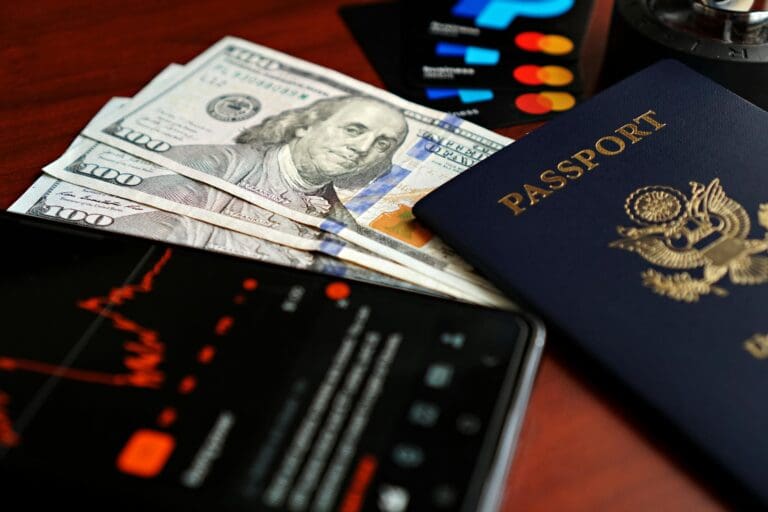The recruitment industry, as with most industries, is undergoing a large shift, driven by the rapid adoption of artificial intelligence. As AI becomes more sophisticated, the traditional transactional recruitment model , where recruiters rely on manual word-matching and keyword filtering in CVs is and will become obsolete. Instead, AI powered tools and agents will become revolutionary to how companies source, assess, and engage with talent.
The Rise of AI in Recruitment
AI will streamline numerous aspects of the hiring process, from initial candidate screening to final-stage assessments. It could come in many forms:
- Automated Candidate Shortlisting
Tools can analyse job descriptions and CVs at scale, determining candidate relevance based on skills, experience, and qualifications. Unlike keyword-based screening, AI models use contextual analysis, reducing bias and improving accuracy. - Interview Scheduling and Administrative Automation
Scheduling interviews, sending reminders, and collecting necessary documentation are tasks that AI can handle seamlessly, freeing up recruiters and hiring managers to focus on higher-value interactions. - Market Intelligence and Skillset Mapping
AI-driven analytics provide real-time insights into hiring trends, salary benchmarks, and skill availability, enabling companies to make more informed hiring decisions and refine their talent strategies. - AI-Powered Interviews and Initial Screening
Some companies are exploring AI-driven video interviews, where machine learning algorithms assess facial expressions, speech patterns, and response quality. These AI assessments help filter large applicant pools down to a more manageable shortlist, saving hiring teams significant time and effort.
Challenges and Concerns
While AI brings efficiency and scalability, it also introduces potential drawbacks and limitations:
- Loss of Human Interaction and Candidate Experience
Automated recruitment processes, if not handled carefully, can feel impersonal. The human touch remains vital in making candidates feel valued and engaged throughout the hiring journey. A company’s employer brand could suffer if candidates perceive AI-driven hiring as robotic and unempathetic. - Culture Fit and Social Cues
AI may struggle to assess intangible elements such as personality, cultural alignment, and team dynamics. These are factors that often play a critical role in hiring decisions. While AI can analyse language and sentiment, it cannot fully replicate human intuition and judgment. It will struggle to account for diversity & may result in a one size fits all approach to shortlisting. - CV Optimization and AI Gaming
As AI shortlisting becomes the norm, candidates will inevitably tailor their resumes to ‘game’ the system, using strategic keywords even if their experience doesn’t fully align with the role. This could dilute the effectiveness of AI-based screening. - Ethical and Bias Concerns
AI models are only as unbiased as the data they are trained on. If historical hiring data contains biases, AI systems may inadvertently reinforce them, leading to discriminatory hiring practices. Companies must ensure AI tools are regularly audited for fairness and inclusivity.
The Future: A Hybrid Approach
Despite AI’s advancements, human recruiters will remain essential. The future of hiring lies in a hybrid model where AI handles administrative tasks & initial tasks, such as screening, scheduling, and data analysis—while human recruiters focus on relationship-building, candidate experience, and final decision-making.
Recruitment will shift from a transactional process to one centered around service, trust, and personalization. AI will be a tool that enhances, rather than replaces, the role of recruiters. The firms that strike the right balance between AI efficiency and human engagement will emerge as the winners in the evolving talent landscape.



